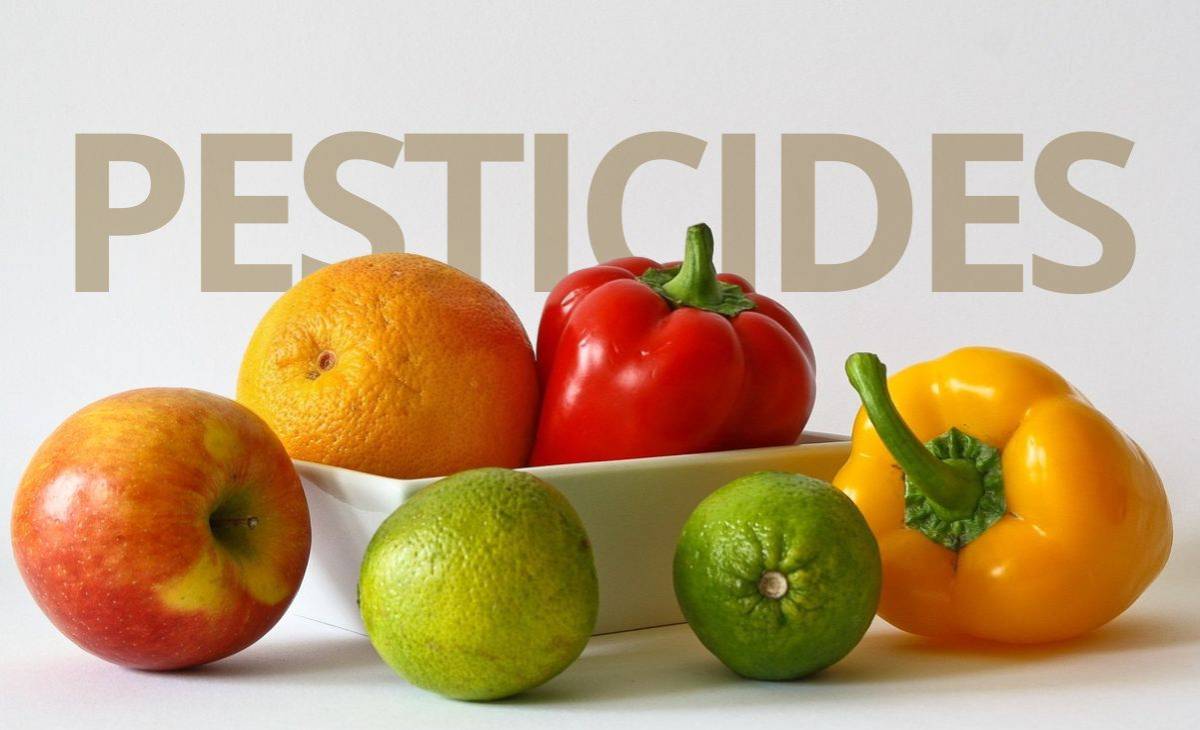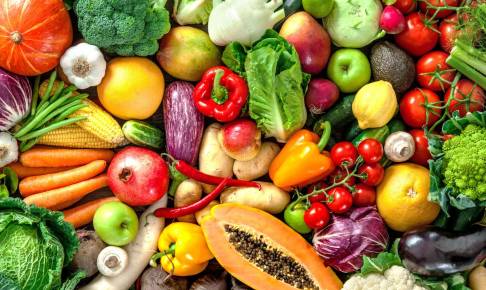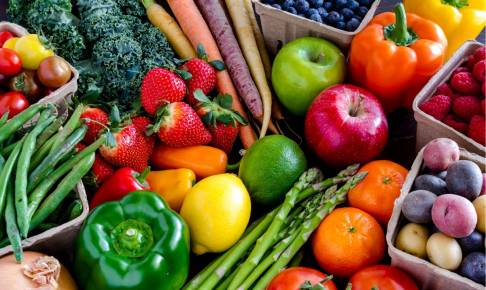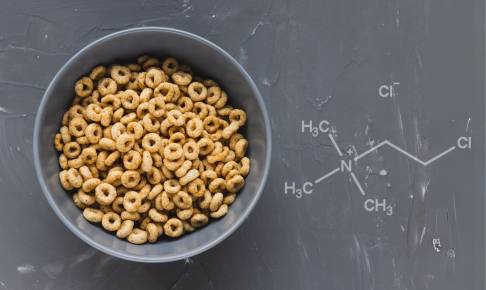New report on pesticides in Italian food highlights the importance of fighting multi-residue
Legambiente, an Italian environmentalist association, has released its annual report to shed light on the presence of pesticides in food consumed in Italy. The report provides a comprehensive overview of the current situation regarding pesticides in the country and includes scientific contributions from experts working to reduce agricultural impacts, protect biodiversity, and combat agromafia.
Pesticides have long been known to have detrimental effects, including a severe impact on pollinators. Legambiente's study focused on 6 085 samples of food from both plant and animal sources, encompassing organic and conventional agriculture from 15 regions across Italy.
The document reports a decrease in the percentage of samples containing traces of pesticides within legal limits compared to the previous year (39.21% compared to 44.1%). Similarly, the number of irregular samples decreased to 1.62%. 59.18% of samples were without residues (regular); last year they were 54.8%. However, even though within legal limits, 15.67% of regular samples showed traces of a single pesticide, and 23.54% displayed multiple pesticide residues. These findings raise concerns among professionals about the potential additive and synergistic effects of this “cocktail of pesticide” on human health.
Organic products demonstrated better results, with only 1.38% of samples showing residues. This contamination is likely attributed to the "drift effect" caused by the proximity to areas cultivated using conventional agricultural methods.
The analysis revealed the presence of 95 different active substances from pesticides. For instance, 17 residues were found in three samples of raisins, 14 residues in a peach sample, and 12 residues in a strawberry sample. Furthermore, imported products were also assessed, with a pepper from Cambodia found to contain as many as 28 residues.
Fruits emerged as the category most affected by pesticide residues, with over 67.96% of samples containing one or more residues. Pears and peaches were particularly impacted, with 84% and 83% of samples showing residues, respectively.
Among vegetables, 68.55% of the analyzed samples were found to be residue-free.
On a positive note, 88.17% of products of animal origin tested was found to be free of residues.
Acetamiprid, Fludioxonil, Boscalid, Dimethomorph are among the most present pesticides. Relevant to note the presence of residues of neonicotinoids no longer permitted such as Thiacloprid, Imidacloprid, and Thiamethoxam.
Legambiente is advocating for a specific national law on multi-residue that prohibits the co-presence of active ingredients based on current scientific evidence. Additionally, the association has launched a new campaign, "Glyphosate Free," to recognize companies that have voluntarily banned the use of this substance despite the recent ten-year extension granted by the European Commission.
Legambiente, in collaboration with experts, university professors, and doctors, is calling on national and European institutions to take concrete legislative actions, emphasizing the need to adhere to the European strategy "From Farm to Fork," which aims to achieve a 50% reduction in pesticide usage by 2030.
Source:






















